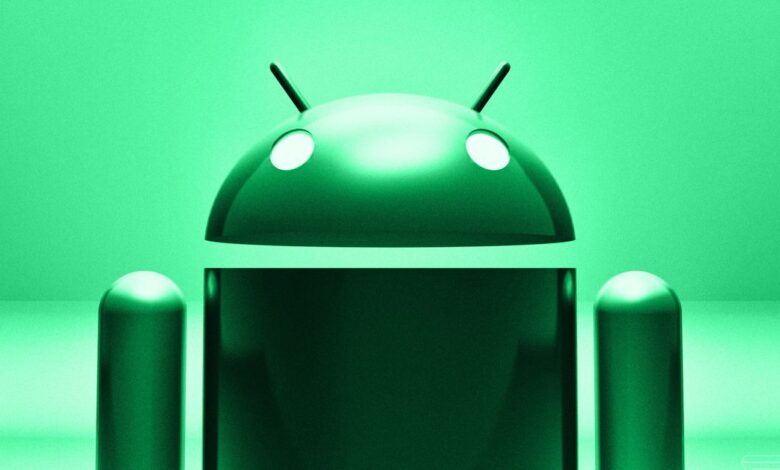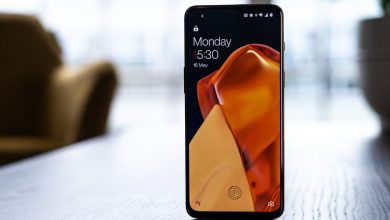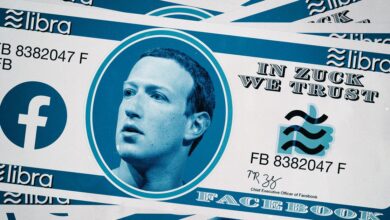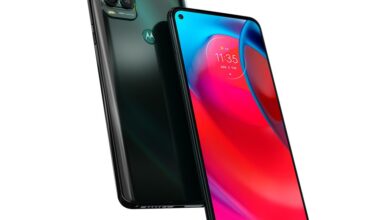Google’s ‘Project Hug’ paid out huge sums to keep game devs in the Play Store, Epic filing claims

Google quietly paid game developers hundreds of millions of dollars in incentives to keep their games on the Play Store, a newly unredacted complaint from Epic Games in its antitrust suit against Google alleges. The program was known as “Project Hug,” or later as the “Apps and Games Velocity Program.”
In 2018, when Fortnite for Android first launched, Epic Games took the unusual step of exclusively releasing it outside of the Google Play Store. Instead, players had to download an installer directly from Epic’s website, allowing the company to bypass Google’s 30 percent fee — at the cost of a less user-friendly installation process. Epic Games would eventually relent and release Fortnite on the Play Store in April 2020 (at least, until it was removed again by Google after Epic added a feature allowing players to bypass Google’s fee when making in-app purchases, kicking off the current slate of lawsuits.)
But Epic’s complaint alleges that Google was so concerned about the idea of other developers following Fortnite’s lead — and cutting it out of the lucrative business — that it launched a program called “Project Hug” to make sure that developers would stick with the Play Store.
According to the complaint, a 2019 report compiled by Google Play’s finance team raised concerns that Epic could arrange a deal with OEMs like Samsung to preinstall its competing store, winning over developers with promises of lower revenue splits (a tactic Epic uses with the PC-based version of its store) and helping pave the way for Android users to turn to other alternative storefronts. In total, the team estimated that the Epic Games Store on Android could result in a lost of between $350 million and $1.4 billion to Google by 2022; if other app stores like Amazon’s or Samsung’s “gained full traction” alongside Epic, those losses could grow from $1.1 billion to $6 billion.
Project Hug was designed as part of the effort to limit Epic’s influence, as “a hug developers close and show love plan,” or “a surge plan to throw extra love/promotion to top developers and games (including Tencent portfolio companies),” Android executives explained in internal documents. In practice, that translated in more practical terms to spending “hundreds of millions of dollars on secret deals with over 20 top developers” that the company had deemed most at risk of falling to Epic’s “contagion.”
Google’s documents note that, while many of the targeted developers had inquired about revenue share or considered their own distribution platforms, Project Hug was largely a success. By the end of 2020, Google had signed deals with most of its Project Hug targets — most notably Activision Blizzard — to keep them in the Play Store.
Source link






